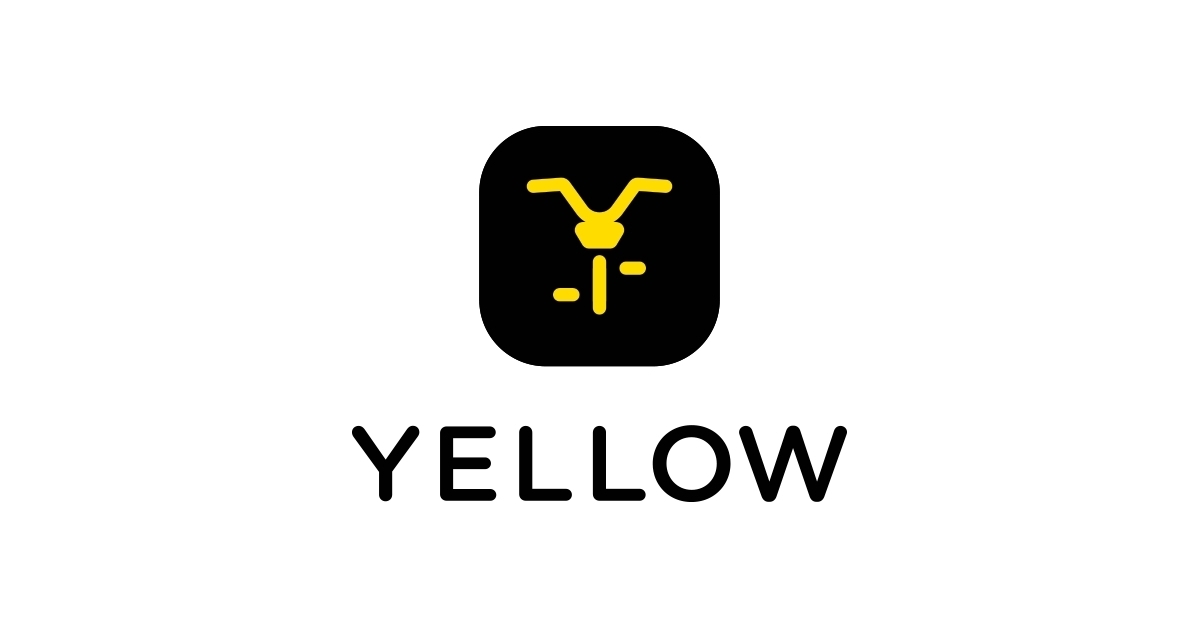Sustainable, inclusive, prosperous, and resilient cities depend
on transportation that facilitates the safe, efficient, and pollution-free flow of people and goods,
while also providing affordable, healthy, and integrated mobility for all people.
The pace of technology-driven innovation from the private sector in shared transportation services, vehicles, and networks is rapid, accelerating, and filled with opportunity. At the same time, city streets are a finite and scarce resource.
These principles, produced by a working group of international NGOs, are designed to guide urban decision-makers and stakeholders toward the best outcomes for all.
JOIN US!
The Principles
(Español & Italiano & Français & Chinese)
1. We plan our cities and their mobility together.
The way our cities are built determines mobility needs and how they can be met. Development, urban design and public spaces, building and zoning regulations, parking requirements, and other land use policies shall incentivize compact, accessible, livable, and sustainable cities.
2. We prioritize people over vehicles.
The mobility of people and not vehicles shall be in the center of transportation planning and decision-making. Cities shall prioritize walking, cycling, public transport and other efficient shared mobility, as well as their interconnectivity. Cities shall discourage the use of cars, single-passenger taxis, and other oversized vehicles transporting one person.
3. We support the shared and efficient use of vehicles, lanes, curbs, and land.
Transportation and land use planning and policies should minimize the street and parking space used per person and maximize the use of each vehicle. We discourage overbuilding and oversized vehicles and infrastructure, as well as the oversupply of parking.
Shared vehicles include all those used for hire to transport people (mass transit, private shuttles, buses, taxis, auto-rickshaws, car and bike-sharing) and urban delivery vehicles.
4. We engage with stakeholders.
Residents, workers, businesses, and other stakeholders may feel direct impacts on their lives, their investments and their economic livelihoods by the unfolding transition to shared, zero-emission, and ultimately autonomous vehicles. We commit to actively engage these groups in the decision-making process and support them as we move through this transition.
5. We promote equity.
Physical, digital, and financial access to shared transport services are valuable public goods and need thoughtful design to ensure use is possible and affordable by all users, regardless of age, gender, race, ethnicity, income, ability, or other characteristic/identity.
6. We lead the transition towards a zero-emission future and renewable energy.
Public transportation and shared-use fleets will accelerate the transition to zero-emission vehicles. Electric vehicles shall ultimately be powered by renewable energy to maximize climate and air quality benefits.
7. We support fair user fees across all modes.
Every vehicle and mode should pay their fair share for road use, congestion, pollution, and use of curb space. The fair share shall take the operating, maintenance and social costs into account.
8. We aim for public benefits via open data.
The data infrastructure underpinning shared transport services must enable interoperability, competition and innovation, while ensuring privacy, security, and accountability.
9. We work towards integration and seamless connectivity.
All transportation services should be integrated and thoughtfully planned across operators, geographies, and complementary modes. Seamless trips should be facilitated via physical connections, interoperable payments, and combined information. Every opportunity should be taken to enhance connectivity of people and vehicles to wireless networks.
10. We support that autonomous vehicles (AVs) in dense urban areas should be operated only in shared fleets.
Due to the transformational potential of autonomous vehicle technology, it is critical that all AVs are part of shared fleets, well-regulated, and zero emission. Shared fleets can provide more affordable access to all, maximize public safety and emissions benefits, ensure that maintenance and software upgrades are managed by professionals, and actualize the promise of reductions in vehicles, parking, and congestion, in line with broader policy trends to reduce the use of personal cars in dense urban areas. WHY?
““We view the Principles as our North Star as we navigate the shifting mobility landscape””
““I can’t praise them too highly...these principles cut past the noise and confusion of marketing””
““We’ll use the Shared Mobility Principles for Livable Cities, which were developed by the leading international NGOs in sustainable transportation, as our guiding principles in determining how to allocate [Uber’s Fund for Sustainable Mobility]””
THE SIGNATORIES
The Shared Mobility Principles for Livable Cities were launched at the 2017 Ecomobility World Festival in Kaohsiung, Taiwan, where they were reflected in ICLEI’s Kaohsiung Strategies for the Future of Urban Mobility.
We encourage all stakeholders – cities, NGOs, academic institutions, and companies – to seek creative uses of the principles. We're happy to hear from you about how your institution might support this effort and how we might help you implement the principles.
FOUNDING COALITION
Initiated by Robin Chase.
GOVERNMENTS & ADVISORS
NETHERLANDS
NEW ZEALAND
PORTUGAL
UNITED KINGDOM
USA
AUSTRALIA
BELGIUM
CANADA
COLOMBIA
COSTA RICA
FRANCE
GERMANY
ITALY
SERVICE PROVIDERS
NEW ZEALAND
HMI Technologies (Transport Technology)
NIGERIA
Node E-Hailing Services (Ride Hailing App)
POLAND
Mobilne Miasto (Consulting/Software for Shared Services)
PORTUGAL
TechMove (Digital Mobility Solutions)
RWANDA
Yegomoto (Motorcycle Ride Hailing)
SPAIN
SWEDEN
Ubigo (Shared Mobility Platform)
THAILAND
Haup (Car Sharing Service)
TURKEY
UK
Cambridge Electric Transport (Electric Vehicle Company)
Co Cars (Electric Vehicle Sharing Service)
Glaux (Mobility Innovation Research Consultancy)
Liftshare (Vehicle Sharing Platform)
Mobility Lab UK (Transport Consultancy)
Reed Mobility (Transport Consultancy)
Shuttle Planet (Carpooling Platform)
TravelAi (Transit Information Technology)
Urbo (Dockless Bike Sharing Service)
Zify (Carpooling Platform)
US
CarpoolWorld (Carpooling Platform)
Circuit (Electric Micro-Transit Service)
ClearRoad (Road Usage Pricing Interface)
Coord (Transit Technology Platform)
Digital Habitats Corporation (Digital Cities Developer)
Dollaride (Network of Dollar Vans)
Downtowner (Transport Service)
Greenspot EV (Electric Vehicle Sharing Service)
Hugo (Transportation Service Provider for Schools)
Institute for Community MicroMobility (Micromobility focused Advisor to Cities)
Koloni (Bike Sharing Service)
Logistikos (Logistics Solutions for Cities & Companies)
Lumenus (Technologically Enhanced Clothes & Gear)
Luum (Commute Technology Platform)
MeterFeeder (Parking Prediction and Payment Platform)
Moove (Transit Technology Platform)
Organic Transit (Vehicle Company)
Quint (Dockless Mobility Technology)
Roadify (Transit Information Technology)
SHARE Mobility (Microtransit Service Provider)
Spin (Dockless Bike Sharing Service)
Stae (Data Management Technology Platform)
Transit Screen (Transit Information Technology)
Transit X (Micro-Guideway Public Transit Provider)
Trillium Transit (Transit Information Technology)
Upshift (Car Sharing Service)
CANADA
Netlift (Carpooling Platform)
COLOMBIA
ECUADOR
InOneRide’s Metroférico Project (Multimodal Infrastructure Project)
FRANCE
GERMANY
CleverShuttle (Ride Pooling Service)
Fleetbird (Vehicle Sharing Software)
INDIA
Chartered Speed Limited (Mobility Solution Provider)
Ghoom (Shared EV Platform)
Journee (Transport Technology Platform)
Shuttl (App Based Bus)
Wrydes (Taxi Software)
Yulu (Dockless Bike Sharing Service)
IRELAND
GoCar (Car Sharing Service)
ISRAEL
1.21GigaWatts (Road Safety Technology)
ITALY
TMR Tech (Bike Sharing Platform)
JAPAN
Mirai Share (Smart Access Vehicle Service)
KENYA
Caboda (Transport Service)
KUWAIT
City Group Co (Transport Operator)
MACEDONIA
Kiimo (Courier Platform)
MEXICO
NAMIBIA
Ebikes4Africa (E-Mobility Provider)
NEPAL
TATUS: Traffic and Transport Unlimited Solution (Transportation Consulting Firm)
THE NETHERLANDS
Innovactory (Mobility Service Platform)
Open Transport (Open Mobility Platform)
WeAllWheel (Knowledge & Advice Platform for Transportation Options)























































































